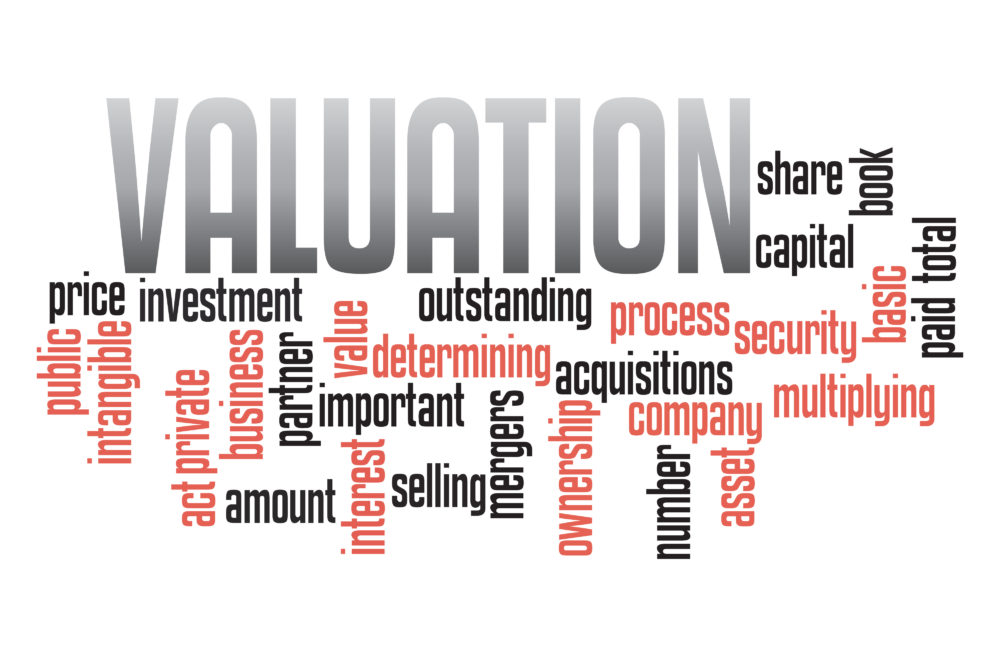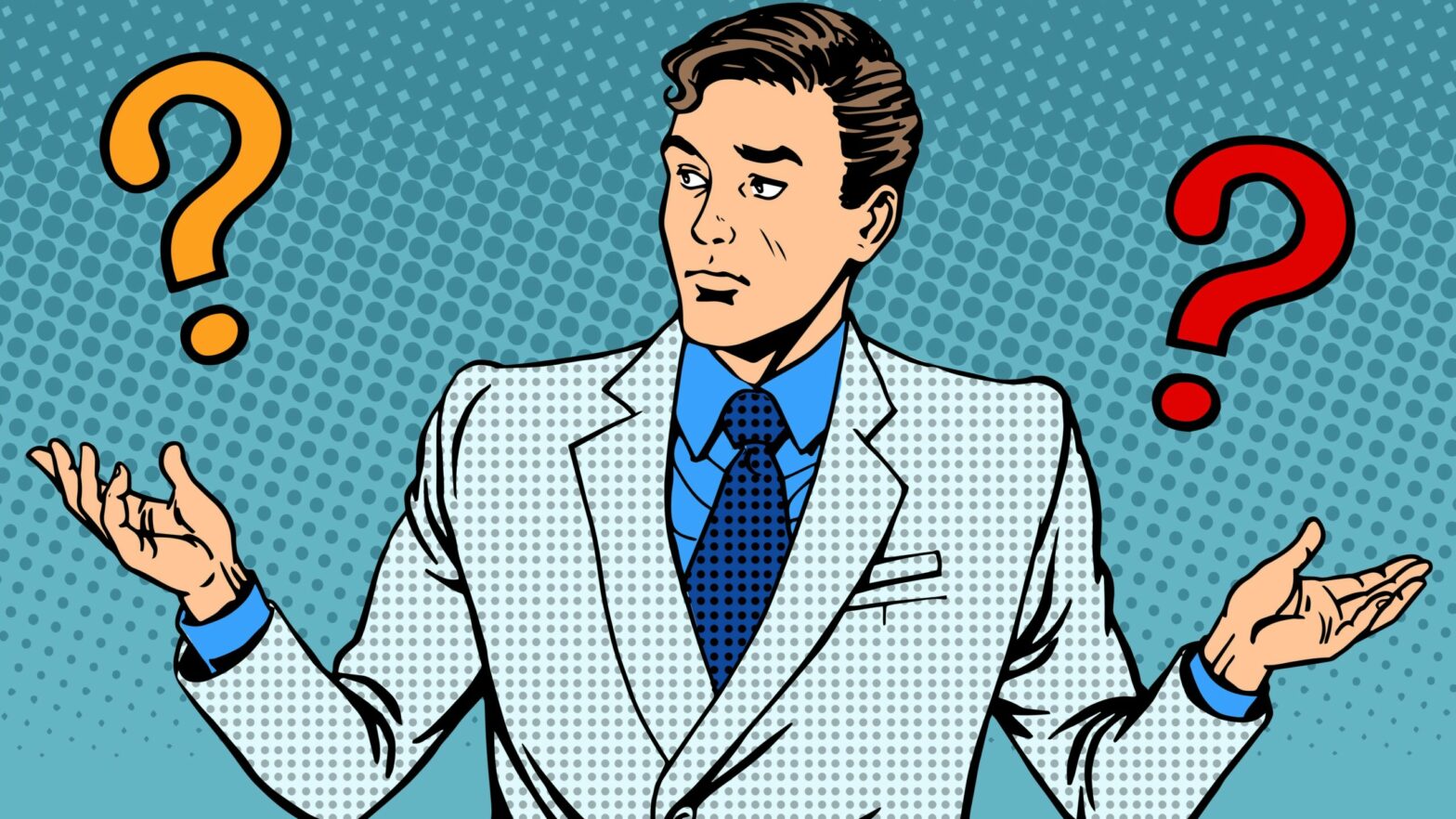When looking to buy or sell a business its value will be more than just the assets it holds. One of more intangible assets to value is goodwill – the magic sauce that makes one business attract a higher valuation than another that may appear to be similar.
Goodwill is the value that someone is prepared to pay for a business above and beyond the value of its assets. That will include the strength of a business’s brand, customer databases and those aspects of a business that add value to a buyer.
For most businesses, the value of goodwill is tied into its current and future earnings – what do the future profits of the business look like and can that profitability be increased – sometimes called “super profits”.
How to value the goodwill
In calculating goodwill, your accountant would start with the profit and loss accounts of the business, typically for the last three years. Some adjustments might be necessary to arrive at the profits for the goodwill calculation, sometimes called the average maintainable earnings.
The most usual adjustment is for payments to the owner or manager over and above a reasonable salary for the work they do.
Once you have the average maintainable earnings you will also need to find out the price/earnings ratio common to the industry you are investing in.
As a rough rule of thumb, the price/earnings ratio of most private businesses is approximately half the figure of publicly quoted companies in the same industry or business sector. The business valuation is “earning times multiple” with goodwill the difference between this and the fair value of the assets.
Goodwill can work both ways
A word of warning: it is also important to note goodwill can work both ways. Negative goodwill is when the consideration paid for the assets is lower that the assets being acquired. Items like off-balance sheet debt, pension liabilities and future earnings that may not be as high as anticipated could push valuations downwards and into negative territory.
But valuations, although often presented as precise calculations, need to be viewed with caution. In the end, a business is only worth what a willing buyer is prepared to pay and a willing seller is prepared to accept.
Once a goodwill valuation determined and the net assets specified, you should view the total of the net assets and goodwill and to work out whether, all things considered, the business represents good value in terms of its future earnings potential.
Goodwill is the magical ingredient when a business is purchased for more that the net worth of its assets. The purchaser will need to consider how much finance they can raise.
James Johnson is a director at Hiller Hopkins




